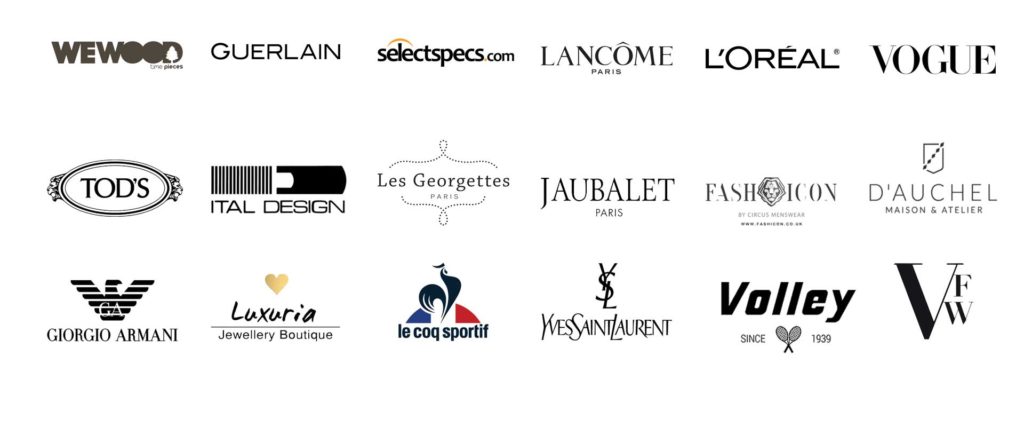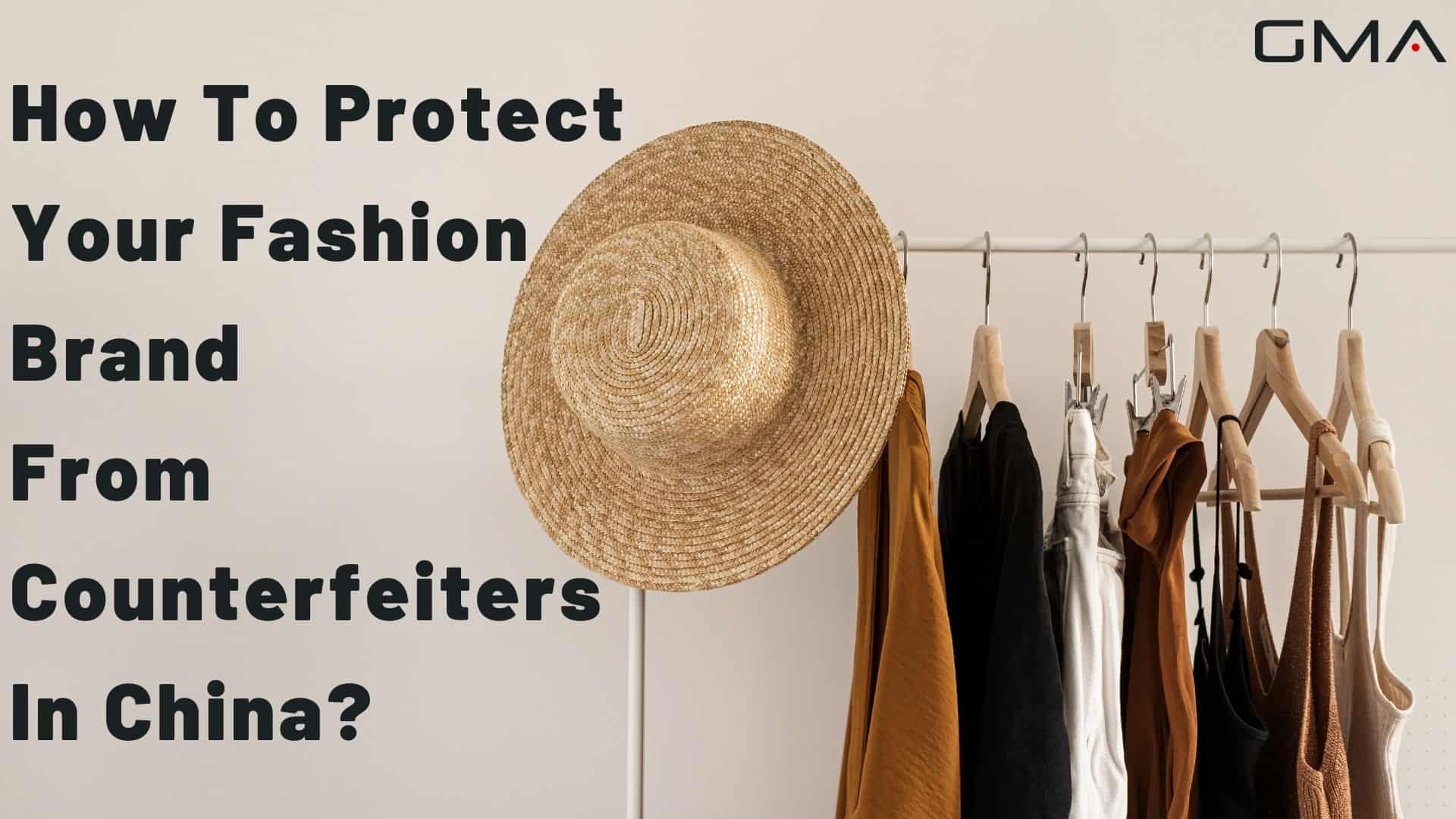Counterfeiting is a global problem that affects every industry, but the fashion industry has been hit particularly hard. In China, counterfeit fashion products flood the marketplace and social media platforms. Protecting your brand from replication is essential since fake merchandise accounted for 12.5% of China’s exports in 2016.
To safeguard your company’s intellectual property (IP) online, you need to understand Chinese IP laws concerning trademarks, patent law, copyright law as well as anticounterfeiting procedures appropriate for your brand protection strategy.
In this article, we will explore these issues and more to guide you through effective strategies to secure your brand from counterfeiters in China today!
Key Takeaways
- Registering trademarks, copyrights, and design patents in China is crucial for protecting fashion brands from counterfeiting.
- Enforcement agencies play a vital role in combating counterfeiting in China, so it’s important to collaborate with them and take a proactive approach to reporting suspected infringements.
- Utilizing anti-counterfeiting technologies like security labels and holograms on products can help verify authenticity, while regular monitoring of online platforms can prevent counterfeiters from taking advantage of marketplaces.
- Cultural nuances such as the preference for cheaper replicas over authentic products must be considered when tailoring anti-counterfeiting strategies for the Chinese market.
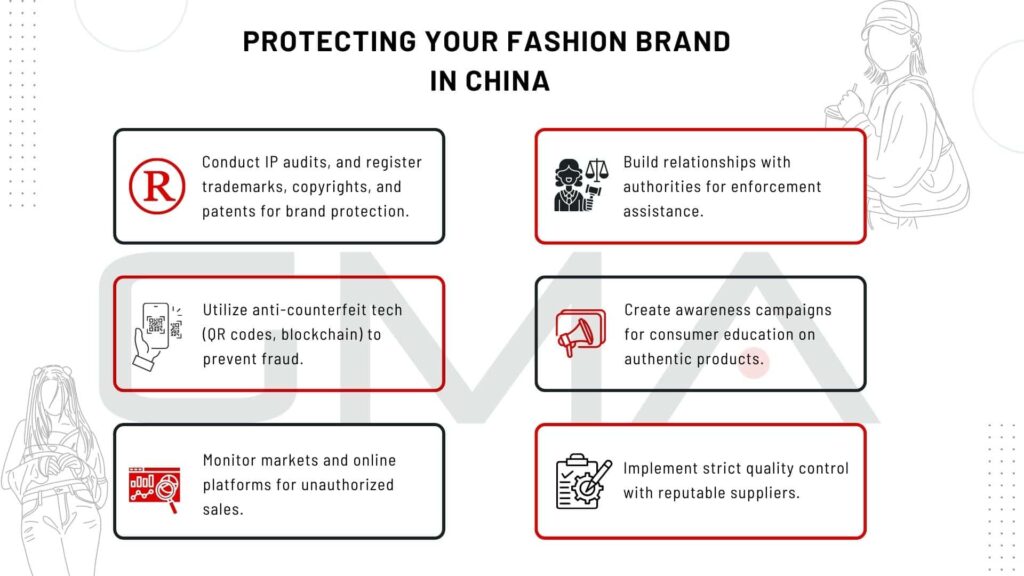
The Scale And Impact Of Counterfeiting On The Global Fashion Industry
The scale of counterfeiting in the global fashion industry is staggering, with China leading the pack as a major source of counterfeit and pirated products. In fact, 75% of the value of counterfeit goods seized by U.S. Customs originates from China, causing significant losses for legitimate businesses and impacting over 2.5 million jobs worldwide.
Counterfeit products not only tarnish a brand’s reputation but also have serious ramifications on sustainability efforts and overall business operations within the fashion industry.
For example, luxury brand Louis Vuitton experienced a loss equivalent to USD$250 billion due to fake replicas being sold globally – this highlights just how detrimental counterfeiting can be for brands both big and small alike.
With an average of 20% of consumer products in the Chinese market being counterfeit, it poses a huge threat to legitimate fashion companies losing business at the hands of these knockoff manufacturers.
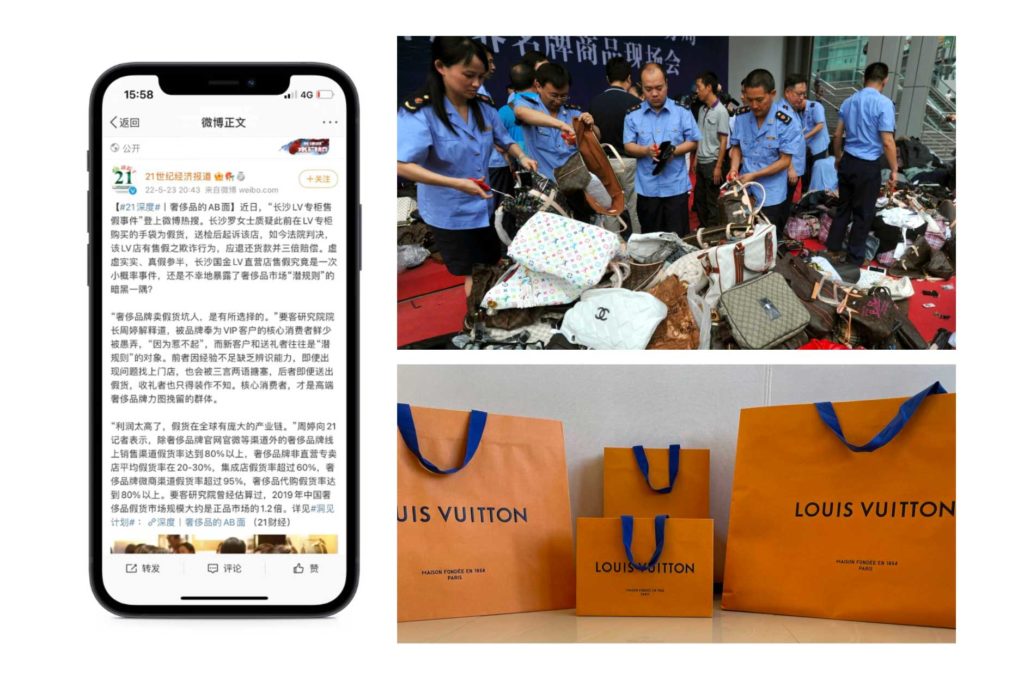
Intellectual Property Rights In China
Trademark Registration
The importance of trademark registration in China cannot be overstated. By registering your brand’s unique logo or symbol, you not only protect your intellectual property but also prevent counterfeiters from profiting off your hard work and innovation.
One key aspect to remember while registering a trademark in the Chinese market is securing it in both English and Chinese characters. This ensures that rogue businesses won’t exploit potential loopholes by mimicking your brand using local language variants.
For example, Apple Inc registered its trademark along with 蘋果 (the phonetic equivalent) to maintain a solid protection front against imitators.
Copyright And Design Patent Protection
Copyrights offer legal rights to creators of literary and artistic works, allowing them to control the reproduction or adaption of their creations. On the other hand, design patents protect the aesthetics or appearance of a uniquely designed product and ensure its exclusive use within a certain territory.
Applying for these patents helps defend your innovative designs against unauthorized reproductions that can dilute your fashion brand’s value. To maximize protection for your fashion brand in China, it’s essential to strategically utilize both copyrights and design patents while prioritizing trademark registrations outlined earlier.
The Process Of Registering Intellectual Property In China
Here are the steps you need to take when registering your intellectual property in China:
- Conduct a trademark search to ensure your brand name and logo are available for registration in China.
- Submit an application for trademark registration with the Chinese Patent Office (CNIPA).
- The application will undergo examination, including a search for conflicting trademarks.
- If approved, you will receive a certificate of trademark registration and can use the ® symbol next to your brand name/logo.
- Consider obtaining copyright and design patent protection as well.
Remember, it’s important to work with a qualified legal professional who understands the complex process of intellectual property registration in China.
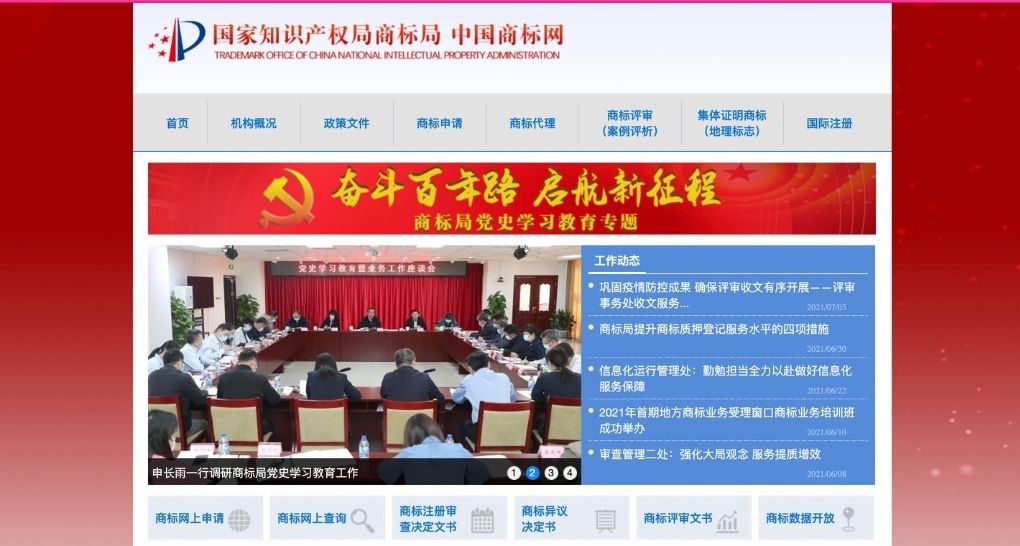
Legal Framework And Enforcement In China
Chinese Laws Against Counterfeiting
The Chinese government has taken significant steps to establish laws for intellectual property protection and combat counterfeits. For instance, China’s Trademark Law protects brand names and logos by granting exclusive rights to their use through trademark registration.
However, despite these efforts, counterfeiting remains rampant in China due to various challenges in enforcing these laws effectively. Alarming allegations of trade secret theft also complicate anti-counterfeit strategies.
Enforcement Agencies
Enforcement agencies play a vital role in combating counterfeiting in China. These agencies conduct raids, inspections, and investigations to identify counterfeiters and seize fake luxury goods.
One way to collaborate is through the government website “China Intellectual Property Rights Protection,” where you can report suspected infringements online. Another option is to work with an experienced legal firm that specializes in anti-counterfeiting strategies in China.
Legal Remedies And Litigation Process
In cases where counterfeiters violate your intellectual property rights, you can seek damages under civil law or criminal penalties through legal enforcement. Civil remedies can include injunctions to stop the infringing activity and monetary compensation for any damages suffered due to counterfeit products.
Moreover, if counterfeiting constitutes a crime, the Public Security Bureau will investigate and prosecute offenders under China’s criminal laws. It is important to note that successful legal action against counterfeiters in China requires evidence gathering and preparation for trial.
Therefore, it’s crucial to work with skilled lawyers who specialize in intellectual property rights protection in China and understand how local courts operate.
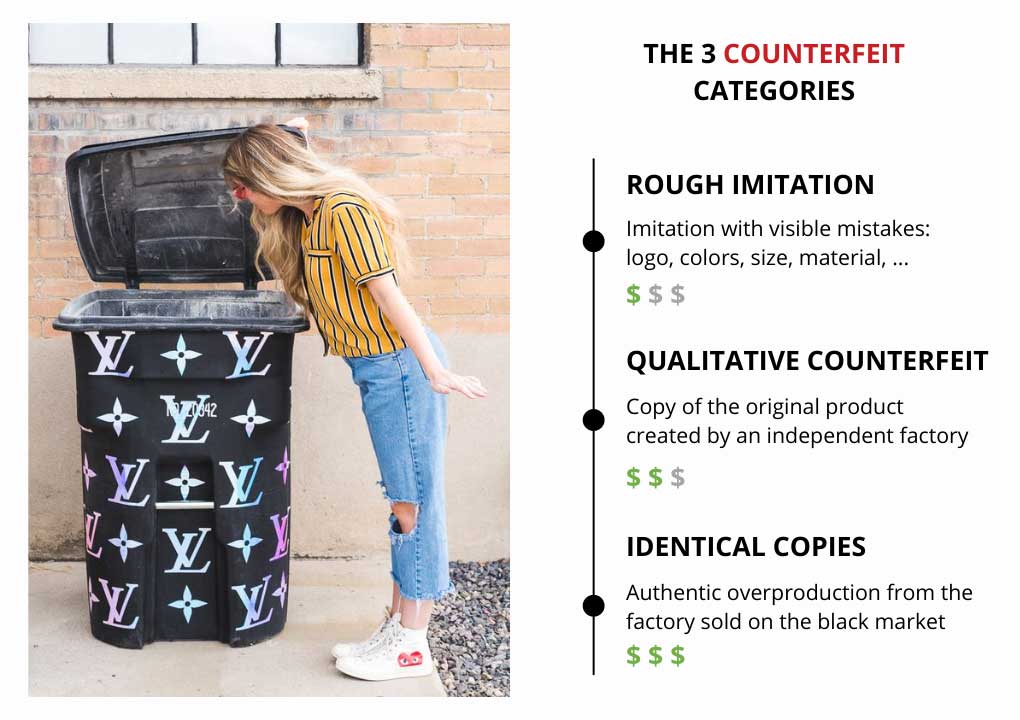
Effective Anti-Counterfeiting Strategies
Utilizing Anti-counterfeiting Technologies
Here are some effective ways we can do that:
- Incorporate security features into your products to make them more difficult to replicate.
- Use traceability technology such as QR codes or RFID tags to track your products throughout the supply chain and authenticate their origins.
- Implement an online verification system for customers to check the authenticity of their purchases.
- Regularly update your technology to stay ahead of counterfeiters who are constantly evolving their methods.
- Partner with companies that specialize in anti-counterfeit solutions to further protect your brand.
Unique Designs For Brand Identification
Creating unique designs for brand identification can be an effective anti-counterfeiting strategy. By incorporating distinctive features into your products, it becomes easier to identify and authenticate them.
There are several examples of brands that have implemented this strategy successfully. For instance, Louis Vuitton’s signature monogram pattern on its handbags and Burberry’s iconic check pattern on its clothing pieces are distinguishing characteristics that make it difficult for counterfeits to mimic their designs accurately.
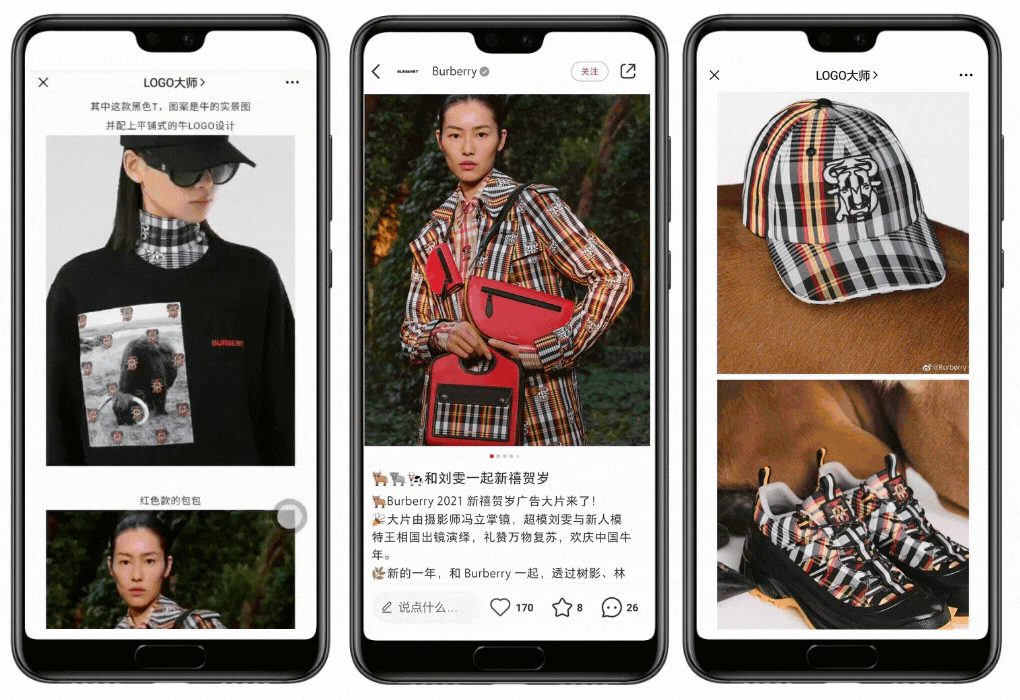
Monitoring The Market And Online Platforms
Combining intelligent automatic monitoring tools with regular manual searches can help you detect fake items in China. Marketplaces such as Amazon and Facebook are also working to prevent the sale of counterfeit products by implementing strict policies against sellers who violate their terms of service.
Thomsen Trampedach offers online brand protection services that utilize sophisticated algorithms and artificial intelligence to identify fraudulent activities on popular e-commerce sites.
It’s worth noting that intermediaries in China can be tricky, as misappropriation of designs and the resulting invasion of counterfeits are common traps to avoid.
Relationships With Local Authorities And Partners
Develop strong relationships with local authorities and partners when protecting your fashion brand from counterfeiters in China. These relationships can be leveraged to help you identify and take action against counterfeit products quickly and effectively.
For instance, collaborating with customs officials could enable you to identify shipments of fake goods at ports of entry into the country.
In addition, forging partnerships with trusted suppliers can prevent them from engaging in counterfeiting practices. By developing mutually beneficial relationships based on trust and transparency, suppliers are less likely to betray that relationship by producing or supplying fake goods under your brand name.
Case Studies: Success Stories And Lessons Learned
One such brand is Nike, which has been consistently fighting against counterfeit products for years. Nike uses unique designs and trademarks to identify its products, making it harder for counterfeiters to replicate.
Another brand that has successfully protected its product is Louis Vuitton. The luxury brand doesn’t only rely on trademark registration, but also heavily monitors online platforms and marketplaces where fake goods are frequently sold.
By doing this proactively, they can detect fakes early when they appear on these channels before they gain widespread distribution in physical stores or streetside markets.
They work closely with Chinese authorities and use legal action against counterfeiters as necessary by registering their IP assets promptly and effectively.

Safeguard Your Brand: Comprehensive Counterfeit Protection Services
In the ever-evolving landscape of counterfeit protection, our agency is equipped with over 20 years of experience and expertise to assist you in safeguarding your brand. Whether it’s conducting IP audits, registering trademarks, copyrights, and patents, implementing anti-counterfeit technologies, monitoring markets, building relationships with authorities, or creating awareness campaigns, we are here to help.
The future of counterfeit protection in China looks promising, with emerging technologies such as blockchain and nanotechnology offering innovative solutions. However, it is important to recognize that individual brand strategies alone are not enough. International cooperation plays a crucial role in combating counterfeiting and protecting intellectual property rights. Our agency understands the significance of collaboration, working with local enforcement agencies, and fostering partnerships with other brands to tackle common counterfeiting challenges.

In today’s global economy, where ethical business practices and consumer awareness are paramount, we emphasize the importance of government regulations and awareness campaigns. By educating Chinese consumers and building relationships with authorities and partners, we aim to protect your fashion brand’s reputation and ensure your success in the market.
Don’t hesitate to contact our agency, with our extensive experience and dedication, we are ready to provide comprehensive assistance in all aspects of counterfeit protection.
